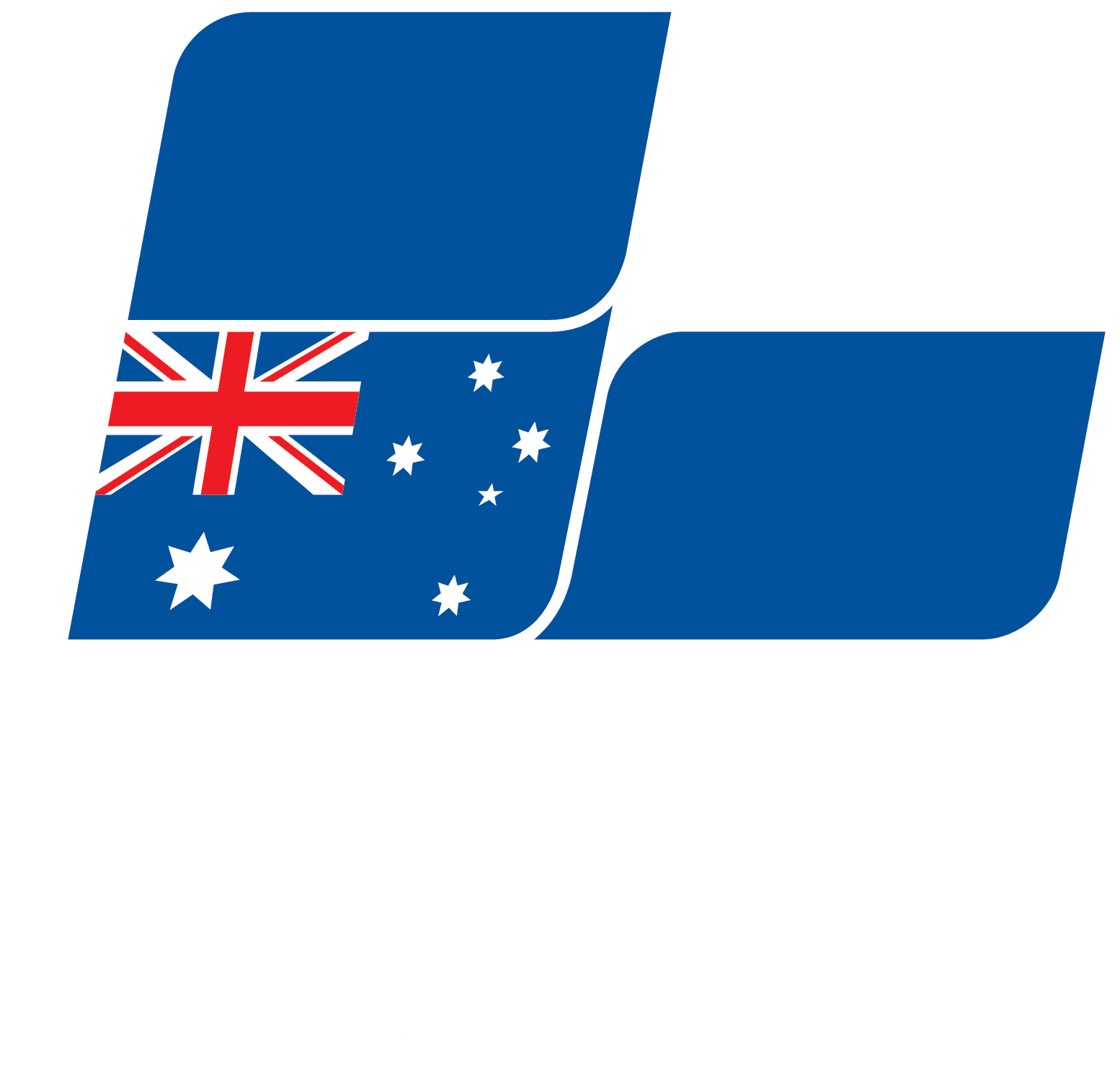COMMITTEES – Joint Standing Committee on Electoral Matters – 8 February 2018
Senator REYNOLDS (Western Australia) (18:45): As Chair of the Joint Standing Committee on Electoral Matters, I rise to speak of the report on the inquiry into decisions made by the Court of Disputed Returns. I’ve got to say up-front that I am bitterly disappointed in the stunts that those opposite pulled on an inquiry as important as this one. As chair, I’d like to go through why I think it is very unfortunate behaviour.
Those opposite know that the Joint Standing Committee on Electoral Matters is a significant committee that’s tasked with very important responsibilities to ensure the integrity of our electoral processes and to make sure, on behalf of all Australians, that the process runs smoothly, particularly so that all citizens can have confidence not only that their vote has been counted but that, even if they don’t like the result, the result accurately reflects the votes that were cast in the election. We have a number of very significant inquiries underway at the moment, and I couldn’t be prouder of the bipartisan—in fact, multipartisan—way every single member of that committee engages in the debate and in the reports for this committee.
As those opposite well know, the committee has been tasked by the Prime Minister to conduct a very comprehensive inquiry into the operation of all of section 44 of our Constitution. When this inquiry was referred to the committee on 6 December—the last sitting week of this place—with a reporting date of 6 February this year, it could not be construed as anything other than a cheap stunt designed to interfere with the operation and conduct of the section 44 inquiry.
Of course, the committee complied with that date, but it meant that submissions were due by 22 December. Clearly, when those opposite referred this matter to the committee, they knew that it was an impossible task for the secretariat staff, let alone the members of the inquiry and the people who should’ve put submissions in. Not even the subjects of this so-called inquiry, Rob Cullerton and Bob Day, had time to put in submissions on this most serious of matters which has seriously impacted on their lives and their families’ lives. Both a number of their supporters and their detractors did put submissions in, but it was after the submission deadline. Only one submission was received in time for the committee to consider it—clearly a ludicrous proposition to do anything like justice to the seriousness of the issues that were referred to the committee.
Not only do stunts like this on such an important issue cheapen us all in this place, but it is also incredibly inconsiderate to the secretariat staff who had to go through the process—very professionally—of processing this inquiry. They did a magnificent job to do that on top of all the other serious inquiries we’ve got going on at the moment. It’s also quite disappointing that those who supported the motion for this referral to the committee used this of all issues—one that is of such importance to the effective conduct and operation of our democracy and our electoral processes—to do what they did. I still can’t work out exactly why they did it, because nobody who supported it has shown the slightest interest in this inquiry or put their hand up to assist with the almost impossible deadlines.
Coming to the substantive issues that the committee is actually inquiring into, the committee is looking into section 44 of our Constitution, which has caused serious issues and concerns for not only people in this and the other place but also Australians more generally. The committee has had, I think, five hearings, and we’ve heard from at least 14, if not 15, constitutional experts, who were very clear in their advice to the committee about the gravity and further implications of section 44.
Section 34 of the Constitution outlines the qualifications for any Australian citizen to nominate as a candidate in our democracy. When you think about it, there is probably no more important democratic right for all Australian citizens, in order to have the opportunity to engage fully in our electoral processes and our democracy, than to be able to put their hand up as a candidate. In their great wisdom, our founders acknowledged and accepted that, over time, the conditions in the Constitution would not continue to meet community expectations, and that has been the case.
As with a number of other sections in the Constitution, they put a clause into section 34: ‘until the parliament otherwise decides’. That meant that our founders understood that the parliament, on behalf of Australian citizens, would have to update the qualifications to meet community expectations, and that’s exactly what’s happened. The parliament has decreased the age from 21 to 18 and got rid of the somewhat outdated provision of having to be a subject of the queen at the time, Queen Victoria. But, unfortunately for us today, while the vast majority—probably over 99 per cent—of Australian citizens would qualify under section 34, there is no such provision for the parliament to update section 44 as community and societal expectations change. This has now resulted in the High Court being the only jurisdiction that can interpret that section, which has led to the current circumstances—and the minister here at the table, the Minister for Resources and Northern Australia, knows only too well the impacts of that.
What the committee has found so far, and will be reporting on, is that—in my words—this has allowed for a second class of Australian citizen. You have the 99-plus per cent of Australians who would qualify under section 34 to put their hand up as candidates, but then you’ve got at least 50 per cent of Australians who wouldn’t pass the disqualification test under section 44. They would have to take active steps, sometimes impossible in their own family circumstances, resign their jobs or do things that other Australians simply do not have to do. Personally, I believe that is profoundly unfair. Australians, with the different backgrounds that we’ve got, increasingly will be unable, and in many cases never able, to qualify or overcome the barriers outlined in section 44. That is the first issue that we’re examining further.
The second issue—which is a little bit of a sleeper issue, but I think could have a profound impact on the conduct and the results of the next federal election—concerns the consequences of section 44(i), which relates to the ability or the eligibility of a candidate to nominate and be on the ballot paper. That is still being played out in the High Court at the moment in terms of MPs who have already been elected. At the last election there were some 1,600 Australians who nominated to be candidates, but I’m certain many of those would never have gone through the process of ridding themselves of the disqualification barriers in section 44.
The implications for the next election, now that this is known, are that, even where a result has been declared in a House of Representatives seat or in the Senate, if there is a single candidate in that Senate team or on the House of Representatives ballot paper who hasn’t won above the line or over the 50 per cent and hasn’t had to go to preferences, who is subsequently shown to have never been qualified under section 44 to be on the ballot paper, that could well result in a by-election for an otherwise completely valid declaration of the poll in the House of Representatives seat or in a Senate team. Start to think about the implications of that, which the committee is currently doing.
I conclude on this thought: this is too important an issue in relation to the operation of section 44 to remain politicised. When those on all sides have a look at this issue, we will need to address this not only as a parliament but as a nation. Our committee is making sure we do it justice.
I seek leave to continue my remarks later.
Leave granted; debate adjourned.


